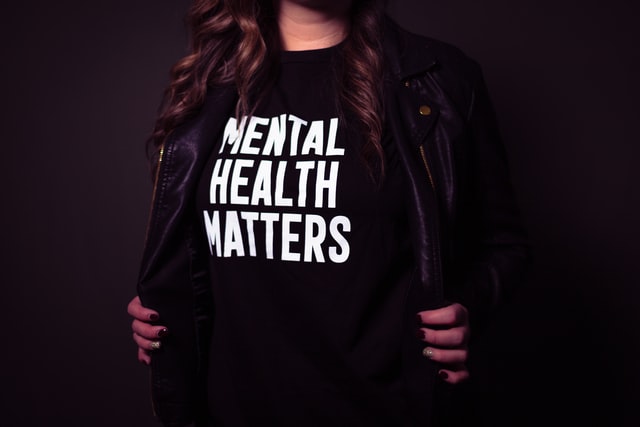What are Mental Health Disorders And Its Forms

Table of Contents Show
Several mental health disorders like stress, anxiety, and depression can cause forgetfulness, confusion, difficulty concentrating, and other inconveniences. Generally, when people experience great mental or emotional stress, they suffer from nervous breakdowns (also called mental breakdowns). During times of severe mental health disorder, the individual is unable to perform routine daily activities.
In addition to our physical and emotional well-being, our mental health encompasses our social and psychological functioning. Our emotions and thoughts are influenced by it. We can use it to decide how we handle stress and relate to others and how we make choices. A person’s mental health is essential throughout their life, from childhood through adulthood.
The “Diagnostic and Statistical Manual of Mental Disorders” lists more than 300 mental disorders. Mental health professionals can use this guide to identify and diagnose illnesses.
Mental health disorders can be categorized into a few main groups.
- Bipolar disorder (depression)
- Disorders of anxiety
- Disorders of the personality
- Disorders associated with substance abuse
- Disorders of eating
- Posttraumatic stress disorder (PTSD) is a type of trauma-related disorder
- Disorders of the mind (such as schizophrenia)
What are the causes of mental illness?
Mental illness isn’t always caused by known factors. Various genetic factors and environmental factors could be responsible for its development. Individuals with mental illness have a higher risk of developing it if they have a blood relative. It is possible to inherit genes that increase the risk of mental illness. Psychological and physical stress factors, as well as environmental factors, can trigger mental illness.

Toxins, alcohol, and drugs consumed during pregnancy may increase the chance of developing mental illness later in life.
The brain secretes chemicals called neurotransmitters that carry signals between its parts and throughout the body. If these chemicals are impaired, the nerve systems cannot function normally, resulting in mental disorders.
Taking medication and undergoing psychotherapy can generally relieve the symptoms of mental disorders. It is common to suffer from mental illness, and one in five people will experience it at some point. An individual can suffer from a mental illness at any age, whether a child or an adult.
Mental illness is characterized by five warning signs.
- The state of being concerned, frightened, or anxious excessively
- Angry or sad for long periods
- Mood swings of extreme magnitude
- Refusal to socialize
- A dramatic change in eating habits or sleep patterns
It can be challenging to diagnose mental illness. In the medical community, there has been much debate about what constitutes mental illness. Mental illness can be defined differently depending on our society and culture, but the majority occur worldwide. Biological and psychological factors may also contribute to their construction, suggesting that they are not simply socially constructed.
In what ways do mental illnesses manifest themselves?
A feeling of sadness or depression. Reduced concentration or confusion in thinking. Worries or fears that are excessive, or feelings of guilt that are extreme. The mood changes dramatically from highs to lows.
In mental health, anxiety disorders fall under the category of mental health disorders. It will be tough for you to get through your day if you suffer from anxiety. Stress can make you feel nervous, panicked, or fearful. You might also sweat or have a rapid heart rate. Psychotherapy and medication are commonly used as treatments.
Your brain releases stress hormones regularly when you have long-term anxiety or panic attacks. Headaches and depression might be symptomatic of this.
Are all people affected by mental illness?
Symptoms of anxiety attacks typically reach their peak at about halfway through an episode, and the attack usually lasts about 30 minutes. There is a considerable difference between building up anxiety for hours or even days before an attack, so it is essential to be aware of the factors that cause stress and find a way to treat or prevent it.
In the course of a lifetime, not all people will experience mental disorders. However, each one will experience challenges related to their mental well-being (i.e., their mental health), just as we all face problems related to our physical well-being.
Researchers continue to investigate the effects of negative family relationships on mental health and even on physical symptoms. Insufficient support in the family has been shown to harm mental health and may worsen a mental illness.